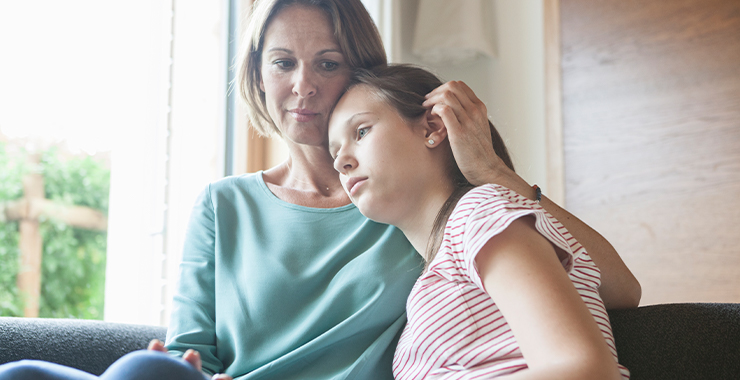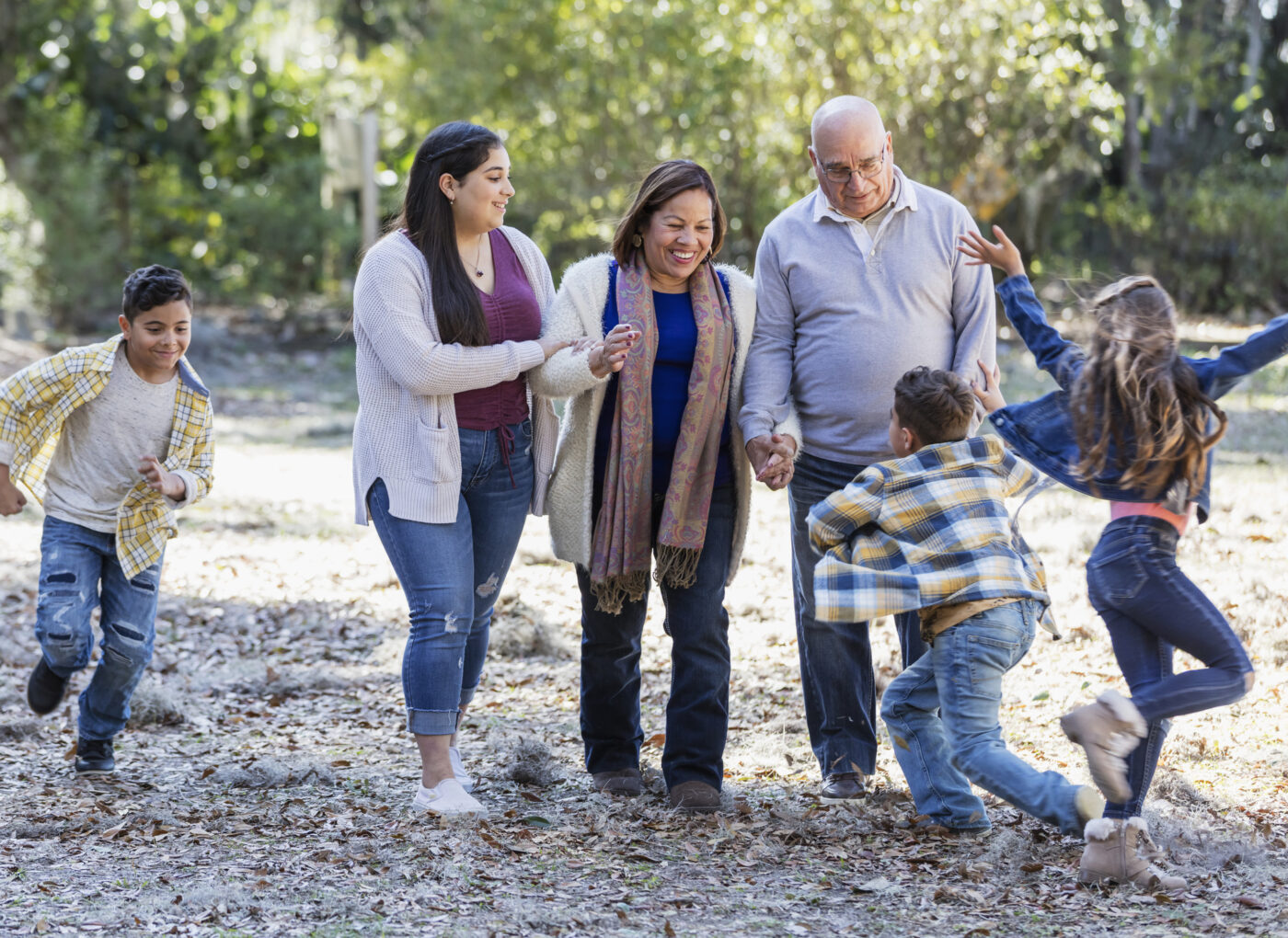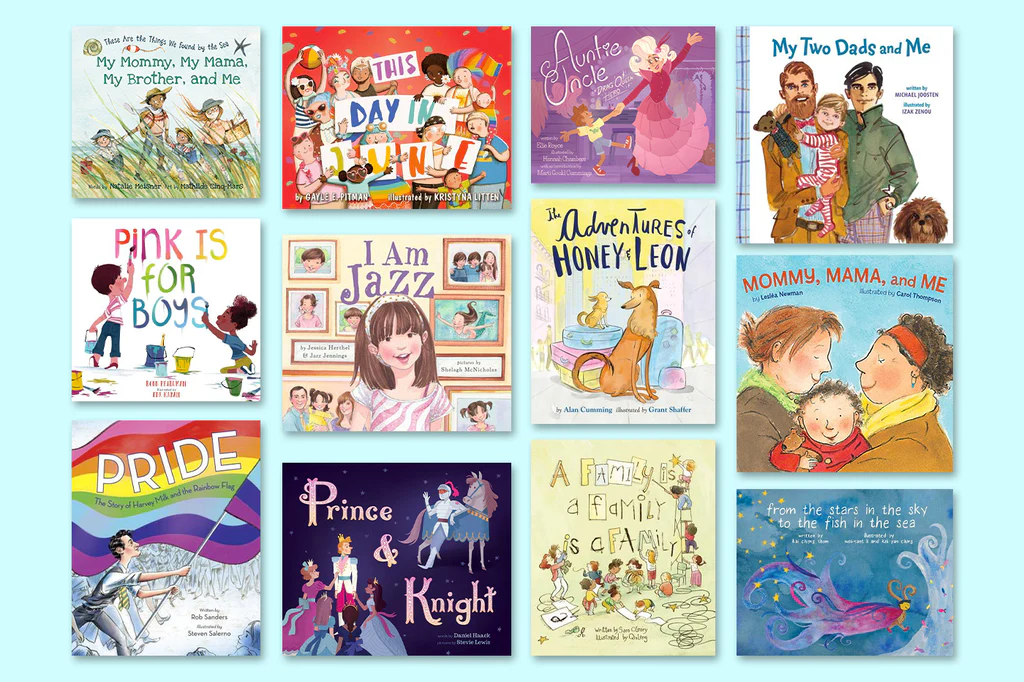What Does Parenting Look Like After Child Loss?
Parenting after losing a child changes your perspective, highlighting the importance of treasuring every moment and finding inner strength in the midst of sorrow. Coping with overwhelming grief, it’s crucial to seek support, practice self-care, and express emotions healthily to prevent feeling overwhelmed. Redefining parenting roles involves prioritizing your well-being, seeking help from loved ones or a therapist, and engaging in soothing activities. Consider how the loss impacts sibling relationships, supporting them through emotional strategies and communication. Managing daily challenges, hold onto unity as parents, establish routines, find joy in connections, and be gentle with yourself. Remember, support and healing are key on this unique journey.
Key Takeaways
- Grieving alters perspectives on parenthood, emphasizing cherishing moments and reshaping priorities.
- Seek support through counseling, self-care, and peer groups to navigate intense emotions.
- Redefine parenting roles by prioritizing self-care, seeking support, and engaging in comforting activities.
- Consider impacts on sibling relationships, offering emotional support, communication, and understanding.
- Embrace unity with your partner, establish routines, and prioritize self-compassion during tough times.
Shifting Parental Perspectives

As you navigate the difficult journey of parenting after the loss of a child, your perspectives on parenthood may undergo profound shifts. The grieving process can bring about a whirlwind of emotions and challenges that inevitably alter how you view your role as a parent. During this time, it’s natural to question everything you once believed about parenting and the future.
In the midst of your grief, new perspectives start to emerge. You may find yourself cherishing the small moments more, recognizing the fragility of life, and valuing the time you have with your loved ones.
The experience of loss can reshape your priorities, making you more mindful of the precious moments spent with your children and the significance of being present in their lives.
Although the grieving process is painful and arduous, it can also lead to a deeper understanding of the profound impact of parenthood. Through this journey, you may discover a newfound strength and resilience within yourself as you navigate the complexities of parenting after loss.
Coping With Overwhelming Grief
You’re not alone in feeling overwhelmed by grief after losing a child. It’s okay to let yourself feel these intense emotions, but remember to also seek out a support system that can help you navigate through this difficult time.
As you face daily challenges, be gentle with yourself and take things one step at a time.

Managing Intense Emotions
Moving through overwhelming grief can feel like trying to find your way in a storm without a compass; it’s disorienting, exhausting, and at times, seemingly impossible to bear. During this time, focusing on self-care practices is essential.
Engage in activities that bring you solace, whether it’s taking a soothing bath, going for a walk in nature, or practicing mindfulness techniques like deep breathing or meditation.
Communicate your feelings with your partner, family, or a therapist to help process your emotions and prevent them from becoming overwhelming.
Coping mechanisms can vary from person to person, but finding healthy outlets for your emotions is crucial. Writing in a journal, painting, or engaging in physical activities can provide a release for pent-up feelings.
Remember to be gentle with yourself and allow time for healing. It’s okay to seek support and lean on your loved ones during this challenging time. You’re not alone in this journey, and it’s okay to ask for help when you need it.
Seeking Support System
Coping with overwhelming grief can be incredibly challenging, but having a strong support system in place can make a significant difference in dealing with the immense emotional weight.
During such difficult times, connecting with others who’ve experienced similar losses can provide comfort and understanding. Peer connections and online communities dedicated to bereaved parents can offer a safe space to share feelings, seek advice, and find solidarity in shared experiences.
In addition to peer support, engaging in group therapy or seeking professional counseling can also be beneficial. Group therapy sessions allow you to connect with individuals who are on a similar journey, fostering a sense of community and providing opportunities for healing together.
Professional counseling offers a structured and supportive environment where you can work through your grief with the guidance of a trained therapist.
Navigating Daily Challenges
As you navigate the daily challenges of coping with overwhelming grief, remember that it’s important to take things one step at a time and prioritize self-care. During this difficult time, establishing self-care routines is vital for maintaining emotional resilience.
Start by incorporating small acts of self-care into your daily routines, such as taking short walks, practicing mindfulness, or engaging in activities that bring you comfort.
Coping mechanisms can vary from person to person, so it’s essential to find what works best for you. Whether it’s journaling your thoughts, seeking therapy, or connecting with a support group, don’t hesitate to explore different options until you find what helps you cope with your grief.
Remember that it’s okay to seek help and lean on others for support during this challenging time.
Redefining Parenting Roles

During this sensitive time, it’s important to feel the need to redefine your parenting roles after the loss of a child. It’s vital to prioritize parental self-care as you navigate this challenging journey.
Taking time for yourself, seeking support from loved ones or a therapist, and engaging in activities that bring you solace can help you cope with the immense grief you’re experiencing.
Redefining relationships within your family unit is also essential. Communicate openly with your partner about your feelings and how you both can support each other through this difficult time. Understand that grief can manifest differently in each person, so be patient and compassionate with one another.
Consider how your parenting roles may shift as you grieve, and be open to adjusting responsibilities based on your emotional needs. Remember, it’s okay to seek help and to lean on others for support as you redefine your parenting roles after such a profound loss.
Impact on Sibling Relationships
As you navigate through the complexities of parenting after losing a child, it’s essential to take into account the impact on sibling relationships.
The dynamics of sibling bonding may shift, necessitating your attention and understanding to nurture these connections.
Implementing emotional support strategies can help siblings cope with grief and strengthen their bond during this challenging time.
Sibling Bonding Dynamics
Understanding the complexities of sibling bonding dynamics after experiencing the loss of a child can be a deeply emotional and challenging journey for families. Sibling support plays an important role in maneuvering through this difficult path. The bond between siblings can be a source of comfort and strength as they walk through the shared grief journey together.
Shared memories become even more precious, serving as a way for siblings to connect with each other and reminisce about the lost loved one.
In the aftermath of such a profound loss, sibling bonding dynamics may shift. Some siblings may become more protective of each other, while others might struggle to express their emotions openly. It’s essential for parents to create a safe space for siblings to communicate their feelings and support each other through this challenging time.
Encouraging open dialogue and fostering a sense of togetherness can help siblings cope with their grief and strengthen their bond in the face of adversity. Remember, as siblings lean on each other, they can find solace in their shared experiences and continue to cherish the memories of their lost sibling.
Emotional Support Strategies
In the aftermath of child loss, managing emotional support strategies can profoundly impact sibling relationships. As you navigate this challenging time, remember to prioritize self-care strategies for yourself and your siblings. Taking care of your emotional well-being is essential in maintaining strong sibling bonds.
Look for community resources that offer support groups or counseling services tailored to families coping with loss. These resources can provide a safe space for you and your siblings to express your feelings and connect with others who understand what you’re going through.
Consider coping mechanisms that work best for each sibling, as everyone processes grief differently. Encourage open communication within your family and explore therapy options if needed. Therapy can offer valuable tools for managing emotions and strengthening sibling relationships during this difficult period.
Navigating Daily Challenges

To manage the daily challenges of parenting after experiencing the loss of a child, it’s crucial to lean on parental unity during these tough times. Communicate openly with your partner, share your feelings, and work together to maneuver through each day.
One way to tackle daily challenges is by establishing routines that provide a sense of stability for both you and your family. Creating a schedule can help manage tasks and responsibilities while also allowing for moments of rest and self-care. Remember to be kind to yourself and give yourself permission to grieve and heal at your own pace.
Seeking moments of joy and connection with your loved ones can also be a powerful tool in handling daily challenges. Whether it’s taking a walk together, sharing a meal, or simply spending quality time with your family, these moments of togetherness can provide comfort and strength.
Seeking Support and Counseling
Consider reaching out to a grief counselor or therapist for professional support as you navigate the complexities of parenting after experiencing the loss of a child. Grief counselors can provide a safe space for you to express your emotions, fears, and struggles without judgment. Through individual counseling sessions, you can work on processing your grief, developing coping strategies, and finding ways to navigate the challenges of parenting while grieving.
Group therapy can also be beneficial as you connect with others who’ve experienced similar losses. Sharing experiences and emotions with a supportive group can help you feel less isolated in your grief journey.
Additionally, online forums and local support groups offer opportunities to interact with individuals who understand your pain and can offer empathy and encouragement.
Honoring the Child’s Memory

To honor your child’s memory after their loss, find meaningful ways to celebrate their life and keep their spirit alive in your heart and daily routines.
Memorial events can provide a space for family and friends to come together, share memories, and find solace in each other’s company. Consider organizing an annual memorial event on their birthday or the anniversary of their passing to commemorate their life and the impact they’d on those around them.
Tribute rituals can also be a powerful way to honor your child’s memory. Create a special ritual that holds significance to you and your family, such as lighting a candle each night in remembrance or planting a tree in their honor. These small but meaningful gestures can help keep their memory alive and provide comfort during difficult times.
Finding Hope and Healing
Finding hope and healing after the loss of a child can be a challenging journey, but it’s possible to navigate through this difficult time with support and self-care. Your healing journey is unique, and it’s important to give yourself permission to grieve and seek help when needed.
Coping mechanisms can vary from person to person, so it’s vital to find what works best for you. Building resilience during this time can involve connecting with others who understand your pain, engaging in activities that bring you peace, and seeking professional guidance if necessary.
Remember that healing isn’t a linear process and that it’s okay to have good days and bad days. Finding hope amidst the darkness may seem impossible, but holding onto precious memories and allowing yourself to feel a range of emotions can help in your healing journey.
Take small steps, be kind to yourself, and know that it’s okay to seek help when needed. You aren’t alone in this journey towards healing and finding hope again.
Frequently Asked Questions
How Can We Involve Our Child’s Memory in Family Traditions?
You can honor your child’s memory by including memory keepsakes in family traditions. Create rituals that celebrate their life, like lighting a candle on special occasions or sharing stories about them during family gatherings.
Is It Normal to Feel Guilt Over Moments of Joy?
Feeling guilt over moments of joy during the grieving process is common. It’s okay to seek coping mechanisms and rely on support systems for emotional healing. Remember, healing is a journey, and you deserve moments of peace amidst the pain.
What Are Practical Ways to Support Siblings Through Grief?
Supporting siblings through grief involves managing, understanding emotions, and maintaining family routines. Encourage coping strategies, validate feelings, and offer a safe space to express thoughts. Remember, working through these dynamics together can strengthen bonds and promote healing.
How Do We Handle the Pressure to “Move On”?
You handle the pressure to ‘move on’ by setting emotional boundaries, honoring your grief journey, seeking support from loved ones and professionals, and practicing coping strategies that work for you. Remember, healing is a personal process.
Can Parenting After Loss Bring Any Sense of Peace?
In the midst of heartache, finding solace through parenting after loss is possible. By honoring memories and healing hearts, you can slowly move forward, carrying your love for your child with you always.
Conclusion
As you navigate the challenging journey of parenting after child loss, remember to be gentle with yourself. Grief is a heavy burden, but you aren’t alone.
Seek support, lean on loved ones, and honor your child’s memory in your own unique way.
Healing may feel impossible now, but with time and self-compassion, you’ll find moments of hope and light amidst the darkness.
You’re stronger than you know, and your child’s spirit will always be with you.

Hey there! 👋 I’m a proud mom and passionate writer, sharing my parenting journey. 📝 Join me as I navigate the ups and downs of motherhood, offering tips, advice, and a sprinkle of humor along the way. 🌟







